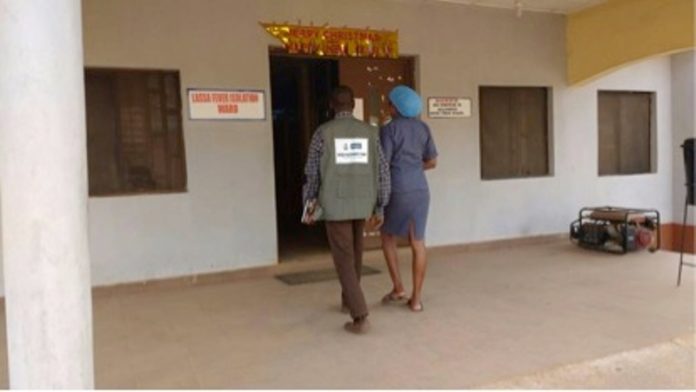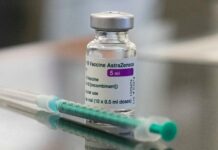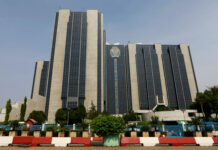
The medical humanitarian organisation Doctors Without Borders says number of cases of Lassa fever detected is reducing but the country needs to remain vigilant.
“Although the number of cases have reduced in the past few weeks, we still need to be vigilant to protect patients and health workers against Lassa fever,’’ said Claire Lansard, MSF Emergency Coordinator.
“The disease can first appear with very mild symptoms, but if people are worried that they may be infected, they must go to their nearest health centre.”
MSF is among groups that have been helping response to Lassa fever outbreak in the past two months.
Lassa is a viral hemorrhagic fever that occurs every year in Nigeria between December and March.
The disease is spread to humans through contact with the bodily fluids of an infected multimammate rat and can then spread between people in the same way.
Though it starts with symptoms such as fever, nausea and headaches, in around one in five people it can lead to more serious symptoms such as organ failure.
The current outbreak is the largest in recent years, with 1,781 suspected cases, of which 408 were confirmed, and 146 deaths, 101 of which were confirmed.
The number of cases reporting to health facilities has however declined in the recent weeks according to figures from the Nigerian Centre for Disease Control.
Health workers have also been affected by the outbreak, with deaths occurring amongst nurses, healthcare assistants and doctors who have become infected by treating patients who were not aware they had the disease, or by working without adequate protective equipment such as gowns, gloves and masks.
MSF teams have been working in three of the most affected states; Bauchi, Ebonyi and Ondo state.
In Bauchi, MSF has built an isolation facility that has the capacity to treat six people.
The team is also training Ministry of Health staff to treat patients, donating medicines to help to care for those suffering from the disease and working with the most affected local communities to improve awareness of the signs and symptoms of Lassa and understanding around what people should do if they think they may be infected.
In Ebonyi state, MSF is working in collaboration with the Abakaliki Federal Teaching Hospital to support and strengthen the functioning of the Virology Centre dedicated treating patients with Lassa fever.
The team is also providing training and equipment to staff working in the Virology Centre and to those working at the entry points of the hospital where they could come into contact with patients who might come to the hospital for treatment without knowing that they have Lassa.
This includes emergency, gynecology and obstetrics departments as well as emergency departments for adults and children. The training being provided will also help the hospital team to prepare for another outbreak next year.
In Ondo state, where there have been 287 suspected and 98 confirmed cases, as well as 28 deaths, MSF trained medical staff and donated viral hemorrhagic fever (VHF) kits to eight health facilities.
The teams have also rehabilitated the only isolation ward in the city of Akure.
This included rehabilitating the isolation ward, the construction of a waste management area, the building of a triage and ambulance pathway and some other minor works in the hospital.
MSF also trained health workers in Anambra state in how to treat patients and to set up an isolation facility, though as the outbreak has now come to an end in this area, the team has been deployed to Ebonyi state.
‘’MSF has long-term experience caring for people affected by viral hemorrhagic fever, and helping health services to protect staff as they care for these patients,” said Claire Lansard.
“We are pleased to be sharing this technical expertise with the Nigerian Health Services, and to be working together to tackle this outbreak.”
























